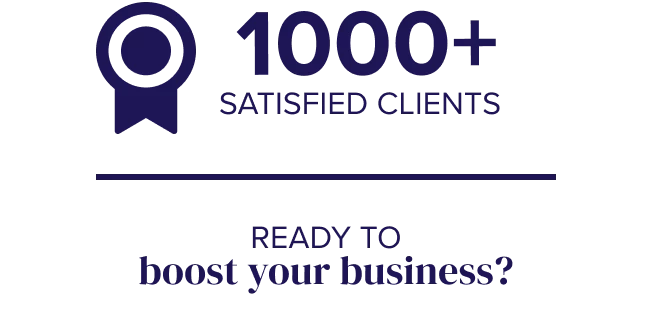A guide to corporation tax
A timely, complex but entirely vital part of running any limited company will be dealing with corporation tax.
The rules with regards to this tax can be complicated, and therefore could be tricky for business owners to get to grips with. Failing to understand corporation tax could potentially lead to penalties and therefore ensuring you take the time to learn the basics (while of course also seeking expert advice) can vastly reduce the risk of any issues.
So, what should you know about corporation tax? We take a look below…
What is corporation tax?
Corporation tax is paid on taxable profits by limited companies, foreign companies with a UK branch or office, and clubs or co-operatives (e.g. sports club or community group).
Profits that are liable for corporation tax include any profits accumulated from doing business, investments as well as any company assets that have been sold.
Corporation tax bills will be calculated following the preparation of your company tax return, at which time you will complete a CT600 form stating your profit and turnover, as well as any allowances and reliefs that have been used in calculations.
What is the rate for corporation tax?
As of April 2023, corporation tax stands at 25% for profits of more than £250,000. For those that made of profit of £50,000 or less, they will pay the ‘small profits rate’ of 19%. Profits of between £50,000 to £250,000 could be entitled to Marginal Relief.
Of course, your accountant is on hand to answer any questions you may have on corporation tax, and to support you in the submission of your company tax return to ensure it is accurate and completed in a timely manner.
“Corporation tax planning is a key aspect when we are dealing with our clients. We like to speak to clients before the year-end of the business to ensure any pre year-end spending is captured so that the business is as tax efficient as possible.
Similarly, we aim to provide clients with draft accounts as quick as possible after the year-end to ensure they are aware of any potential corporation tax liabilities that are due in perhaps 6 month’s time rather than it being left till the last minute.”
– John Farrell, Director at Ellis & Co
If you are looking for support from experienced chartered accountants, get in touch with our team here at Ellis & Co today.





